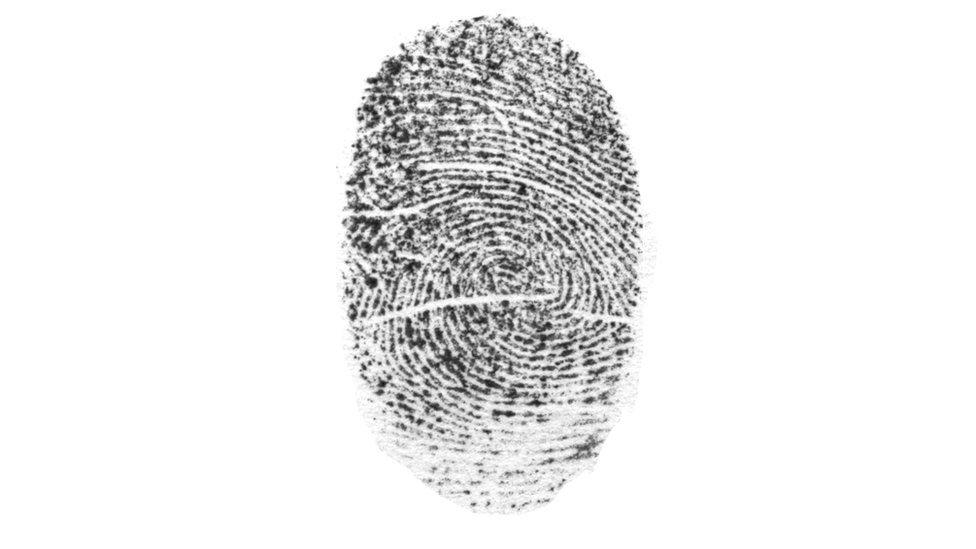UK ministers outline case for joining EU DNA database scheme
- Published

DNA and fingerprints held on British criminal databases could be automatically shared with other EU nations, under government proposals.
Ministers want the UK to join the system after years of debate over whether it should take part.
Under the scheme, known as Prum, member states rapidly share details requested by foreign law enforcement agencies.
Existing cross-border arrangements for sharing DNA can take months to yield a result.
The Prum system, named after the German town where the deal was first struck, has been a core part of the EU's attempts to improve co-operation between police across the continent.
Each state that takes part agrees to allow others to query its databases for matches for DNA, fingerprints and vehicle registrations.
Under an Interpol agreement, the UK can already ask for foreign police forces to search their databases for DNA hits - but they can be left waiting for months for a result. Under Prum, police forces could have an answer in 15 minutes.
Ministers want Parliament to vote on the measure later this year. They have pledged that investigators elsewhere in the EU would only be able to search for DNA matches to people convicted of a crime in the UK - and they would refuse to conduct searches for DNA samples below the scientific standard commonly used by British police.
Technical difficulties
Immigration Minister James Brokenshire said: "The extensive evidence presented to us, including that provided by our own law enforcement agencies, offers a clear and compelling case for signing up to the Prum agreements."
Prum was first agreed in 2008 but it initially struggled to surmount legal, political and technical difficulties thanks to the different systems in each country.
During a Prum pilot earlier this year, British police sent 2,500 profiles from unsolved important crime scenes to their partner agencies in the Netherlands, Germany, Spain and France - far more than they would have been able to share via Interpol.
One profile from an attempted rape yielded a hit on the French database - and the authorities there then provided British police with further information on the individual.
The suspect, a Romanian national, was later found by chance in the UK after being stopped for a motoring offence.
The UK government's decision to make the case for joining the scheme comes after intelligence-sharing arrangements across the EU have been under the spotlight in the wake of the Paris attacks.
Some British law enforcement officials believe some states do not do enough to timely share data with their international neighbours.
- Published9 October 2014
- Published2 October 2015